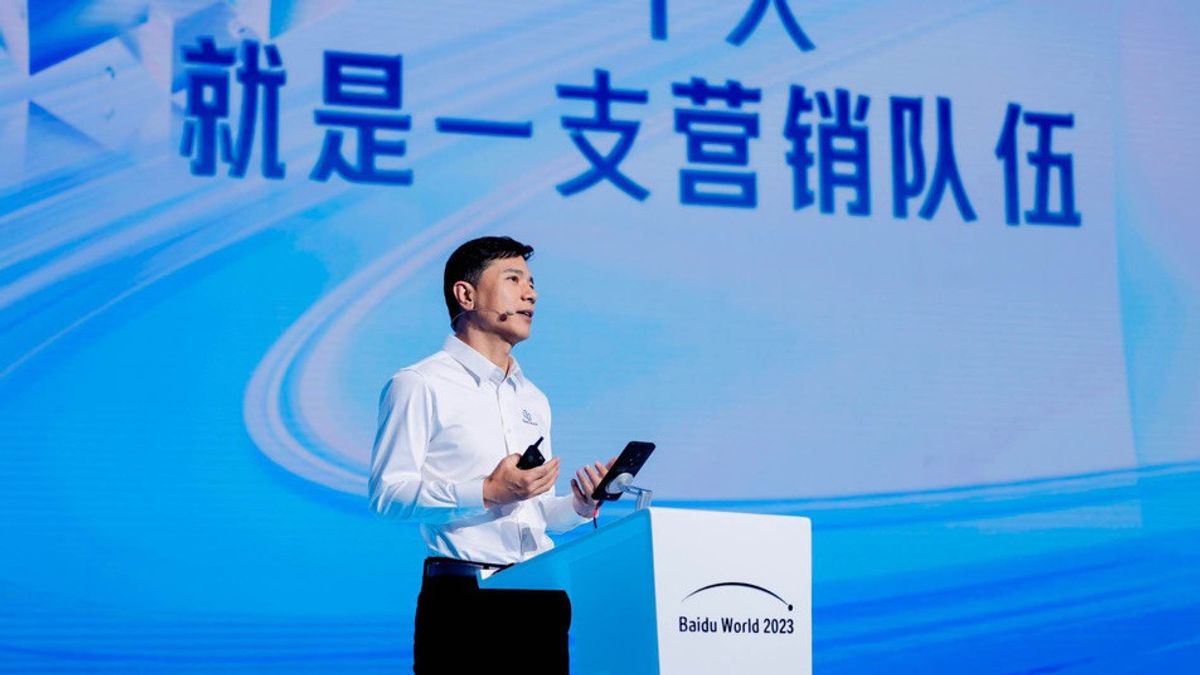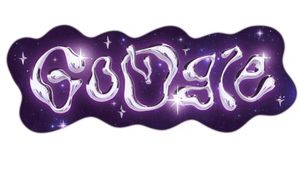JAKARTA - Chinese tech giant Baidu on Tuesday 17 October introduced the latest version of its generative artificial intelligence model, Ernie 4.0. Baidu CEO Robin Li introduced Ernie 4.0 at an event in Beijing, focusing on what he describes as memory capabilities of this model. Li shows Ernie 4.0 writing a real-time martial arts novel and also creating posters and video ads.
However, analysts are less impressed with the launch of Ernie 4.0. According to Lu Yanxia, an analyst with industry consulting firm IDC, the launch of Ernie 4.0 did not show any significant changes compared to the previous version. "We will see a significant increase when Ernie 4.0 is used directly, but a concrete increase is not seen immediately," Lu said.
In addition to the introduction of Ernie 4.0, Baidu also announced the integration of generative artificial intelligence in all of its products, including Baidu Drive and Baidu Maps. Li shows how Baidu Maps now allows users to access various functions with natural language questions supported by Ernie, while previously users had to look through thousands of options.
Baidu, owner of China's largest internet search engine, is at the forefront of developing artificial intelligence models in China, following global trends in technology sparked by OpenAI's OpenAI's introduction to ChatGPT last year.
The company launched a chatbot powered by Ernie in March, named ErnieBot, although investors were disappointed because only pre-record demonstrations were shown.
In August, Baidu was among a number of companies that received government approval to release artificial intelligence products to the public. "Since it was opened to public use, Ernie has attracted 45 million users," Baidu Chief Technology Officer Wang Haifeng said during the event.
Data from securities firm CLSA shows that China now has at least 130 large language models (LLMs), representing 40% of the global total, only slightly behind the United States, which has 50%.
Last week, Beijing published proposed security requirements for companies offering services powered by this technology, including a blacklist of resources that should not be used to train artificial intelligence models.
The English, Chinese, Japanese, Arabic, and French versions are automatically generated by the AI. So there may still be inaccuracies in translating, please always see Indonesian as our main language. (system supported by DigitalSiber.id)









